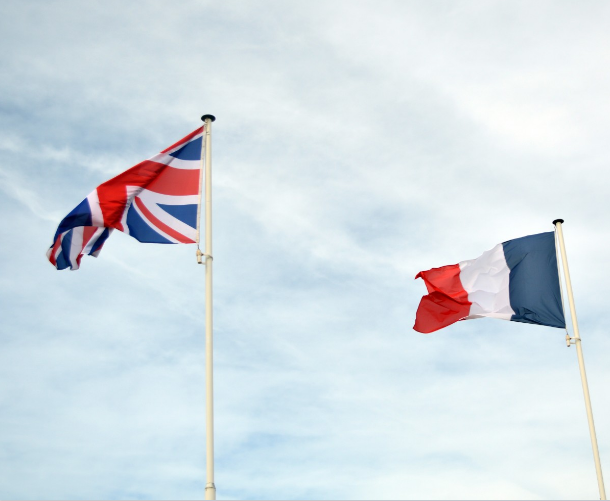
The UK and France are taking strong steps to pushback on Islamist militants’ new frontier in West Africa, following meetings with African leaders over the past seven days.
At the start of this week Boris Johnson hosted the UK-Africa Investment Summit, a gathering that reportedly is the first time that the UK and so many African nations have come together for an event of this kind.
He later met with Nigeria’s president Muhammadu Buhari to talk about security in the nation and the growth of the agricultural sector.
According to reports, on the war against insurgency, President Buhari said the situation was better and stressed that Nigerian government was making efforts to re-educate people on the true philosophy of Boko Haram.
But he admitted that his administration has been facing a challenge of resettling displaced people in the North East.
He added: “We have a long history with the British military and we are collaborating,” Nigerian news broadcasting station Channels TV reports.
The meeting follows President Macron’s summit with five West African leaders to denounce anti-French sentiment in their countries over Paris’s handling of an insurgency by Islamists militants or risk France withdrawing troops from the region, Reuters reports.
The meeting was called to get the leaders of Mali, Burkina Faso, Chad, Niger and Mauritania to confirm publicly that they wanted French forces to remain.
According to the reports, militants linked to al Qaeda and Islamic State have strengthened their foothold, making large swathes of territory ungovernable and stoking ethnic violence, especially in Mali and Burkina Faso.
Criticised in France for allowing French troops to get bogged down and facing growing hostility in West Africa for failing to restore stability, Macron and the French government are becoming increasingly frustrated.
To make matters worse, America is considering cutting its troops in West Africa which many have said could hinder the fight against extremism.
Jean-Herve Jezequel, director of Sahel Project at campaign group Crisis Group said: “This high-level meeting should simply reaffirm the commitment of the various countries to fight together against jihadist terrorism which is gaining so much ground in the Sahel.
“However, given the scale of the insurgency, the military operations carried out by France and the Sahelian countries cannot constitute a sufficient response as long as they do not support a clear political response which continues to be lacking.”
Regarding the UK-Africa summit, international development experts say the security issue in Africa needs to be tackled to pave the way for meaningful trade discussions to take place.
During his speech, Prime Minister Johnson said the UK had a vital job in continuing to convince people across the continent that it is not just a great friend and ally, a reliable ally, but also the people Africa should be doing business with.
The UK already provides ongoing aid support to a number of projects which help combat the growth of extremism – such as supporting the police in Kenya to make local communities safer, training young people in Nigeria so they can find jobs and avoid being drawn into crime and extremism or helping people in Iraq rebuild their lives in areas retaken from Daesh.
Ahead of the summit the department of international development also announced a package of funding to help strengthen financial systems and regulation in developing nations, to boost investor confidence and help encourage more international investment into former conflict states:
Mr Johnson added: “Africa is a continent of amazing, independent and diverse nations. One thing that unites African countries is ambition, and optimism and, by comparison with much of the rest of the world, quite staggering levels of growth.
“More than half the world’s fastest, 15 fastest growing economies are in Africa. Two-thirds of African economies are expanding faster than the global average. Africa is the future and the UK has a huge and active role to play in that future.”
Leave a Reply